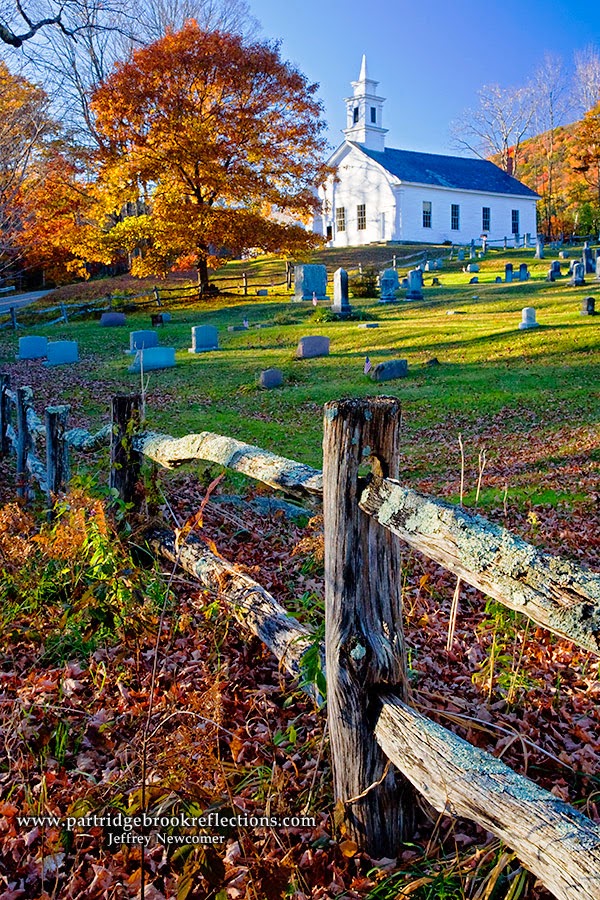
Getting a LINE on Photographic Composition
This week’s blog is a quick reminder of one of the simplest, yet most effective compositional tools for your photography, the diagonal.
 Artists are always looking for paths to good composition. Given all the available guidelines, the search can become very confusing. Some, such as the Rule of Thirds and the Golden Rule, can seem quite strict, but many can be distilled to simple guidelines. Don't put your subject in the middle of the frame, avoid distracting elements, watch your background and keep the horizon straight. I was deeply entranced by photography long before I had learned anything about compositional rules and I am still governed more by how the image feels in my eye than by what element happens to fall upon any arbitrary line. Excessive attention to rules can distract from the innate power of the subject, but taking advantage of some simple compositional elements can add energy and direction to your images. One of the simplest of such elements is the diagonal line.
Artists are always looking for paths to good composition. Given all the available guidelines, the search can become very confusing. Some, such as the Rule of Thirds and the Golden Rule, can seem quite strict, but many can be distilled to simple guidelines. Don't put your subject in the middle of the frame, avoid distracting elements, watch your background and keep the horizon straight. I was deeply entranced by photography long before I had learned anything about compositional rules and I am still governed more by how the image feels in my eye than by what element happens to fall upon any arbitrary line. Excessive attention to rules can distract from the innate power of the subject, but taking advantage of some simple compositional elements can add energy and direction to your images. One of the simplest of such elements is the diagonal line. |
| Peaceful Horizontals |
It’s not complicated. Diagonal lines can add energy, direction and movement to an image. The lines may run from bottom to top, clear across the image, dividing it into segments, or they may be isolated to one section of the image. Diagonals are most powerful when they point to something of significance. I have previously discussed the use of diagonals to draw the eye to the subject of the image. It is always important to consider where the lines are pointing, but diagonals can also stand on their own as
 |
| Diagonal Energy |
 |
| Add caption |

Pick Your Elements
Diagonals may be created by an infinite variety of linear and nonlinear elements. trees, rocks, flowers, shore lines, hills, clouds, shadows, or even people can all work beautifully. Some photographers enjoy creating diagonals by leaning the frame off plumb, but, being a fanatic for straight horizons, I tend to look for other element within the frame to achieve the effect. Of course if the horizon is not visible you can usually go crazy.
 |
| Telling a Story |
 |
| Embellishing the Story |
Let the Eye Guide
Far beyond the slavish adherence to any didactic compositional theory, the best way to appreciate the effect of diagonals is to look at some images. Pictures with lines running parallel to the frame tend to have a more relaxed mood which can be perfectly appropriate for some subjects, but to my eye, diagonally constructed images show a clear advantage in energy and cohesiveness.
 |
| Static Prom Photo |
 |
| Will He Eat the Lily? |

For now I would suggest looking for diagonals to add some energy to your images. It is simple, effective and gluten free!
Jeffrey Newcomer
Partridgebrookreflections.com


































